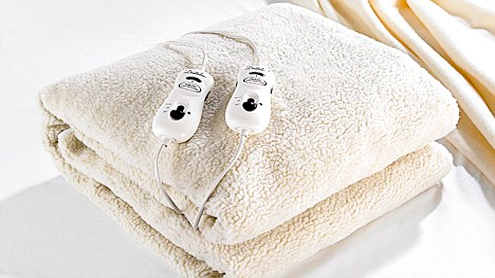
Hospitals are squandering £500million a year paying too much for blankets, syringes and other basic equipment.
An investigation found that some are being charged twice as much as others for the same items.Researchers looked at ten NHS trusts and found some hospitals were paying £120 for a box of electric blankets while other paid only £47.Others were charged £23 for a box of forceps which cost others just £13. Some trusts were paying £1,109 for knee implants while others were paying £787.The study by Ernst and Young calculated the annual total wasted as £500million.
Ernst and Young’s Joe Stringer said some hospitals were reluctant to tell others their fees as they were competing for patients.He added: ‘Our analysis raises serious concerns about price variation and spending in the procurement of NHS supplies.’At the root of this problem lies the lack of transparency in the market, leaving trusts unable to make cost-efficient decisions about purchasing supplies.’The consequences of inaction in the back office will only be felt more acutely in frontline care.’
Julian Trent, managing director of the price comparison website Peto, who was also involved in the report, warned that suppliers were ‘taking advantage’ of the NHS.The report did not name neither individual hospitals or nor the suppliers.The NHS is under pressure to make savings of £20 billion over the next three years and many trusts have resorted to cutting staff and rationing treatments.Although the money it receives from the Government has not been cut – unlike other departments – it has ordered to spend the money more efficiently.
Ministers say the savings have to be made now to ensure there are enough funds to pay for the care of the aging population.Health minister Lord Howe said that in future hospitals would be better able to compare the prices for equipment.’We are working on introducing a new barcoding system that will increase transparency, save money and make care safer.’ He said.’The new system will take time, but ultimately it will result in the kind of price comparison website that already exists in other sectors, like supermarkets, and will revolutionise the tracking, safety and use of clinical products bought by the NHS.’ – Dailytimes












